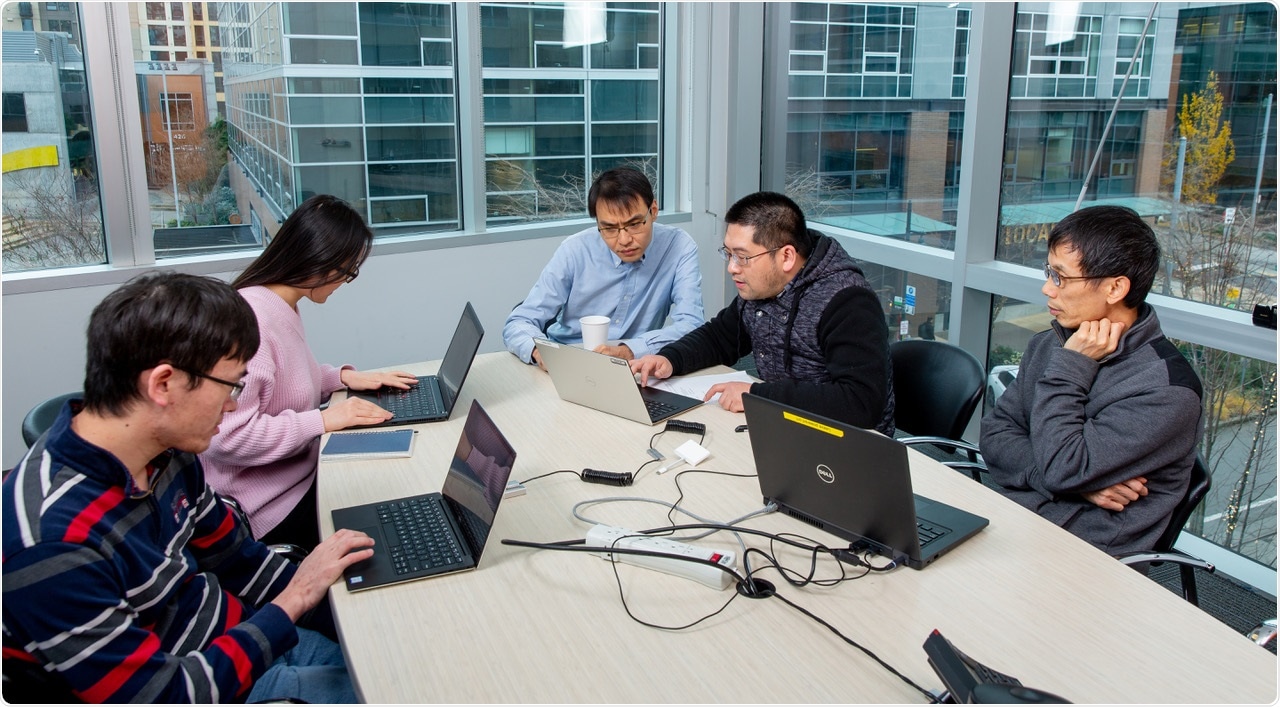Researchers at the Institute for Systems Biology (ISB) and University of California, Riverside, have developed a new method that offers novel insights into cancer biology by enabling them to unravel how single cells absorb fatty acids.

Image Credit: Institute for Systems Biology.
Fatty acids, amino acids, and glucose collectively form a major energy source for the growth and proliferation of cells. Abnormal metabolism of fatty acids can often be observed in cancer.
For several years, Dr. Wei Wei’s lab at ISB and Dr. Min Xue’s lab at UC Riverside have joined hands to create a range of analytical methods and chemical probes to measure amino acid uptake, cellular glucose uptake, lactate production, and other cancer-related metabolites.
But in contrast to glucose and amino acids, the mechanisms behind the uptake of fatty acids into cells have not been understood much and have been hard to perceive. There are very limited technical tools to measure fatty acid uptake at the single-cell level.
This work is the first example of profiling fatty acid uptake in conjunction with aberrant protein signaling in cancer cells at single-cell resolution and represents an important advance in the single-cell metabolic assay.”
Dr Wei Wei, Assistant Professor, Institute for Systems Biology
Dr. Wei Wei is the co-corresponding author of the study published in the Journal of the American Chemical Society.
The team profiled the fatty acid uptake by selecting a surrogate molecule structurally similar to natural fatty acids. This similarity deceived the cells into absorbing the surrogates like the native ones. With the help of an exclusive dendrimer molecule—a tree-like polymer—the researchers then realized accurate quantitation of the surrogates from single cells.
The researchers applied this new single-cell tool to a brain cancer model and identified that the uptake of fatty acids was differentially controlled by two downstream effectors of the Mammalian Target of Rapamycin (mTOR)—a vital regulator of cell proliferation and protein synthesis.
The findings suggested a compensatory activation of fatty acid metabolism upon the attenuation of glucose metabolism or oncogene inhibition in these brain cancer cells and unraveled a new combination therapy that targets this bioenergetic flexibility for synergistically inhibiting cancer growth.
This novel tool opens new avenues for studying how fatty acid metabolism affects biological systems. It has also inspired us to develop more metabolic probes for single-cell analysis.”
Dr Min Xue, Study Co-Corresponding Author and Assistant Professor, University of California, Riverside
Source:
Journal reference:
Guo, Z., et al. (2021) Single-Cell Profiling of Fatty Acid Uptake Using Surface-Immobilized Dendrimers. Journal of the American Chemical Society. doi.org/10.1021/jacs.1c05103.